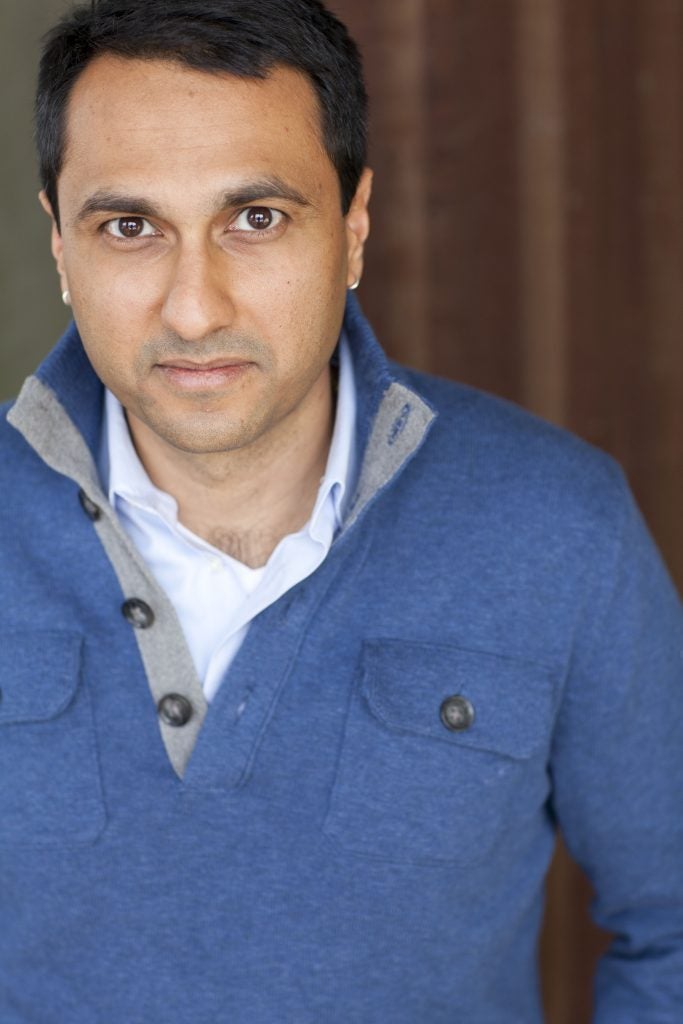Voyages lecturer discusses keys to being an interfaith leader
Eboo Patel, founder and president of Interfaith Youth Core, a national nonprofit that aims to promote interfaith cooperation, discussed the keys to interfaith leadership during the Voyages of Discovery Lecture Series’ Religion and Culture Lecture Nov. 7 at East Carolina University.
In his discussion, “Interfaith Leadership Can Save the World,” Patel said the United States is the “most religiously diverse and devout nation.” He discussed the questions of who will break down the barriers, why it is important, and what makes an interfaith leader.

Eboo Patel (Photo provided by the Interfaith Youth Core)
According to Patel, there are three key ways to become an interfaith leader. One is to have an appreciative knowledge of other religions and their contributions. The second is to have a theology of interfaith cooperation within one’s own religious beliefs; in effect, being able to work with others of other faiths and follow their good examples. Third, is that being an interfaith leader takes grace.
Patel believes that American society is stronger when people of different religious backgrounds and beliefs acquire the skills and knowledge to work together cooperatively; that pluralism will defeat prejudice.
He said the United States is made up of many interfaith stories. He used Dr. Martin Luther King Jr. as an example of how leaders throughout history demonstrate interfaith leadership in their civil discourses.
King, although a Christian, studied Indian leader Mahatma Gandhi’s methods of non-violence and used this within his own non-violent movements, including the Aug. 6, 1966 march for fair housing in Chicago. Patel pointed out that King even went on to preach a sermon of non-violence after his house was firebombed by protestors.
“He formed a movement that shaped America,” said Patel.
When examining who will be interfaith leaders in the future, Patel said that everyone, in every profession (civic leaders, educators, doctors, athletes, coaches, etc.), should be aware of other people’s religious beliefs, practices and traditions.
As to why interfaith leadership and cooperation is important, Patel said, “All of us have a chance to do something good.”
–Lacey Gray